DISCLAIMER: This review contains major spoilers.
Heart pumping in anxious anticipation, I watched the black screen while the white arrow went round and round. I was about to watch something about my country, one I never got to truly live in, one centered around the government’s lies and deceits. How would it start? With screaming, chanting and images of protestors flooding the streets? Or would it just be quiet, the survivor’s guilt being the first thing shown? I couldn’t wait to find out.
Simón is a 2023 movie by Venezuelan filmmaker Diego Vicentini based on real events. It is about a young Venezuelan protester, Simón, who, after being arrested and tortured during protests in his country in 2017, flees and seeks asylum in Miami, where he must decide whether to stay in the city or return to Venezuela.
When I first found out about the movie being made I was excited and a little worried. Venezuela still is under a dictatorship and the movie would be directly critiquing them. But things went smoothly, and the movie was released to the public. When I got the news of its digital release, I sat down with my family ready to watch it and cry.
The movie started with chanting, but not the kind I had thought. It was a group of people singing “Happy Birthday” in Venezuela, crowding around a guy with milk of magnesia covering the top half of his face and wearing sunglasses. Then it cuts to shots of Simón protesting on the street, and then it fades to him sitting up on an inflatable mattress on the floor in an empty apartment in Miami.
Simón was seeking asylum, and he was running out of time. After working in a restaurant for most of the day, he headed to the public library to use their computer. The close-up shots of the requirements to seek asylum put into perspective how conflicting the process was. The most daunting was when they showed word by word that if granted asylum he could never return to his country ever again.
This was something I could never imagine doing. Never being able to see Venezuela again. Never being able to return to the country of my birth and my culture. I don’t think I could have gone through with it.
The movie never revealed everything at once. It had multiple flashbacks to what led him to leave, and what life was like for him during the height of the protests. Slowly, we are introduced to the characters. My favorite has to be Chucho, Simón’s best friend who escaped with him to Miami. There are these beautiful few moments where they take a small boat that barely fits two people, made more of duct tape than wood, and go to a small island in the center of a river in Miami.
They are having fun, playing football—football, because soccer is not a word in my vocabulary—kicking the ball around and it’s peaceful and happy. They’re experiencing small joys of being alive. Then Chucho asks Simón about going back and joining their team back in Caracas to continue fighting.
And there lies the central conflict of this movie. Should Simón return? That is a sentiment I know many Venezuelans can share, something my parents debated as well. They didn’t want to abandon their country, but how could they live in current conditions?
Slowly, more flashbacks are going back to that birthday celebrated in a college classroom. They reveal that Simón was one of the leaders heading protests in Venezuela, and his friend wearing the sunglasses was blinded by the police with tear gas. There had been an investigation but no one was blamed or put at fault.
This angered me because it was true. During the protests back in 2017, police were brutal. They didn’t care that they were hurting their people, they just attacked and weren’t bothered about the damage they caused. There was no justice for people who were hurt by them.
The movie continues to go back and forth between four months ago, when Simón was in Venezuela, to now as Simón wonders what to choose. We meet Helena, a nice woman who runs a charity out of self-storage places. She’s the one who helped Simón get clothes and other things he could need. She also is the one who introduces him to Mellisa, a volunteer and future law school student.
Mellisa was an amazing character, she was more than happy to help Simón with his asylum application. The entire conversation in the cafe and the flashback to Simón’s inspirational speech of how they haven’t done enough yet. How they hadn’t put enough pressure on the government yet. I wanted them to win. But I knew how this was going to end.
Then came Joaquin’s betrayal. He was another student at the university, part of their group, their family. As he was driving Simón, Joaquin, and their other friend home after the birthday, he stopped the car. My heart dropped at that moment. I knew what was going to happen, and it came true. He told the military men to take the person in the passenger seat. Simón was dragged out of the car and Chucho followed right after him wanting to protect him.
I was so angry at Joaquin. How could he? But I also couldn’t blame him because the people were getting tired of getting killed. Maybe he was too, but that still didn’t give him the right to betray them like that.
The movie did a horrendously wonderful job of truly showing how hard the situation was back then. Simón was taken and tortured alongside Chucho and some other prisoners. The actors were phenomenal at portraying their characters. The flashbacks from Simón and his PTSD being triggered by things done to him when he was captive were beautifully done.
The main objective of the Venezuelan government isn’t always to kill, sometimes it’s just to scare. Not only were they tortured physically they were also tortured mentally. They would try and get them to turn on each other and to feel guilt over others being hurt instead of them. The pressure and the survivor’s guilt really affected Simón.
It explained many of his actions, especially when he reached his breaking point. He accidentally bumped into Joaquin in Miami while out having fun with Mellissa and he punched him. His one mistake led him to almost be deported.
I was nervous, praying Mellisa would find a way to make sure he would be safe. But what made me bawl my eyes out was why Simón had punched Joaquin. During his unwilling stay with the military, they tried to force him to sign a paper stating he would tell people to stand down and to stop fighting because it is useless. He refused of course, in an unkind manner.
The general that appeared made my blood boil. The actor portrayed him so well that if I saw him in person, I would not be civil. He was cruel and drove home the point that these protests always rose up and then gave way. It was useless because they would give up just like they always did. What made me angry was that he was right. Currently, there are no protests because after 2017 people got tired of being killed and stopped. It was a hard truth to face for me.
But it got worse. The real reason Simón was so mad was not because Joaquin betrayed him but because it was misguided anger about himself. Because while two of them went into that government facility, only one came out.
My heart broke when watching the scene of the consequences of Simón’s actions. As I watched as they beat Chucho until Simón desperately agreed to sign if they just stopped. But it was too late. They had hit too hard, and Simon had waited too long. Chucho was a hallucination, an illusion, something he wished was true, that his best friend and brother in everything but blood was alive.
The reason why he was having trouble settling in the US is because Chucho would have wanted to return and Simón felt like it was his responsibility to do what he would have wanted. He felt guilty that he got out. Sometimes, I do too. Knowing I’m here while my family is back there where things can suddenly turn ugly again with a drop of a hat is exhausting, worrisome and a bunch of other words I can’t think of right now.
The portrayal of this guilt nad this struggle was something I saw not only in myself but in others around me. It was a beautiful piece of art, something that could be relatable even to those who didn’t experience it firsthand or had any relation to it.
What hit hard were the news articles. Mellisa decided to do some research on the situation in Venezuela after the conversations with Simón and it was horrifying: no medicine, no electricity, 96 percent in poverty and a humanitarian crisis.
I remember packing up care packages in 2017 to send back to Venezuela. We would pack food, over-the-counter medicines, bandages, and even gas masks. But no matter how many packages we could send back, it was never enough.
This movie was hard. It was too true. Too real, which meant it was a perfect representation of what my country was going through. The movie was artfully done, as it made sure to truly represent what many people went through at that time.
I recommend watching it if you want to learn more about the protests or if you just want something sad to watch. At least the ending was somewhat hopeful. Just the thought that it was based on real events and things people experienced made me appreciate just how strong a person can be.

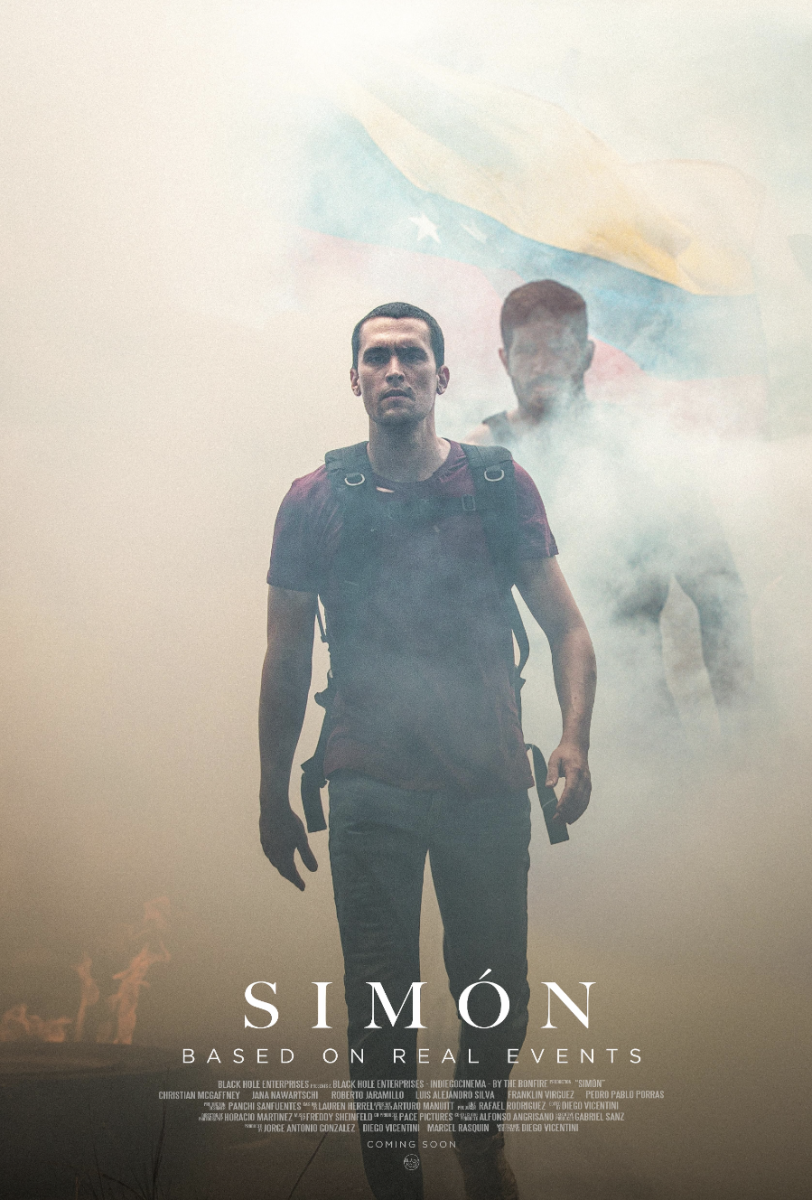
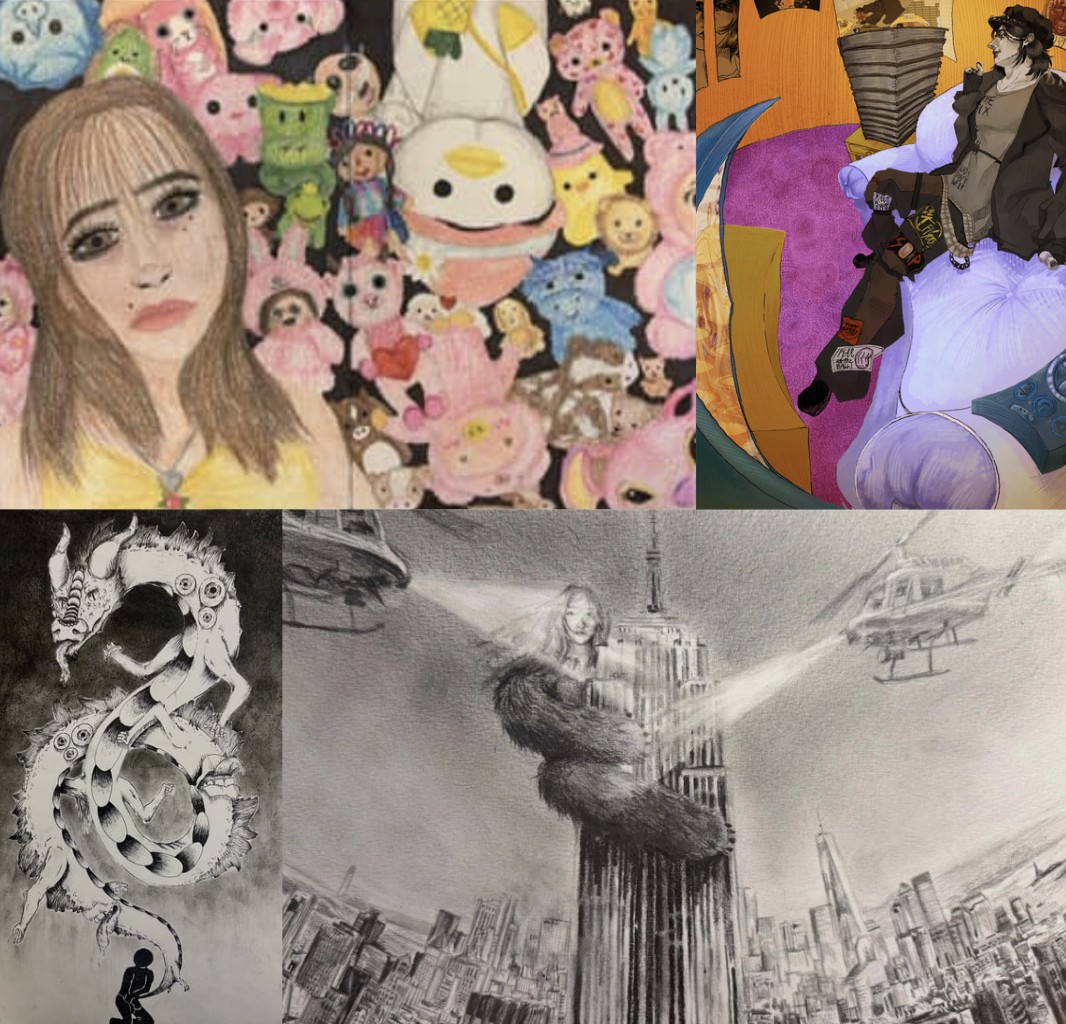
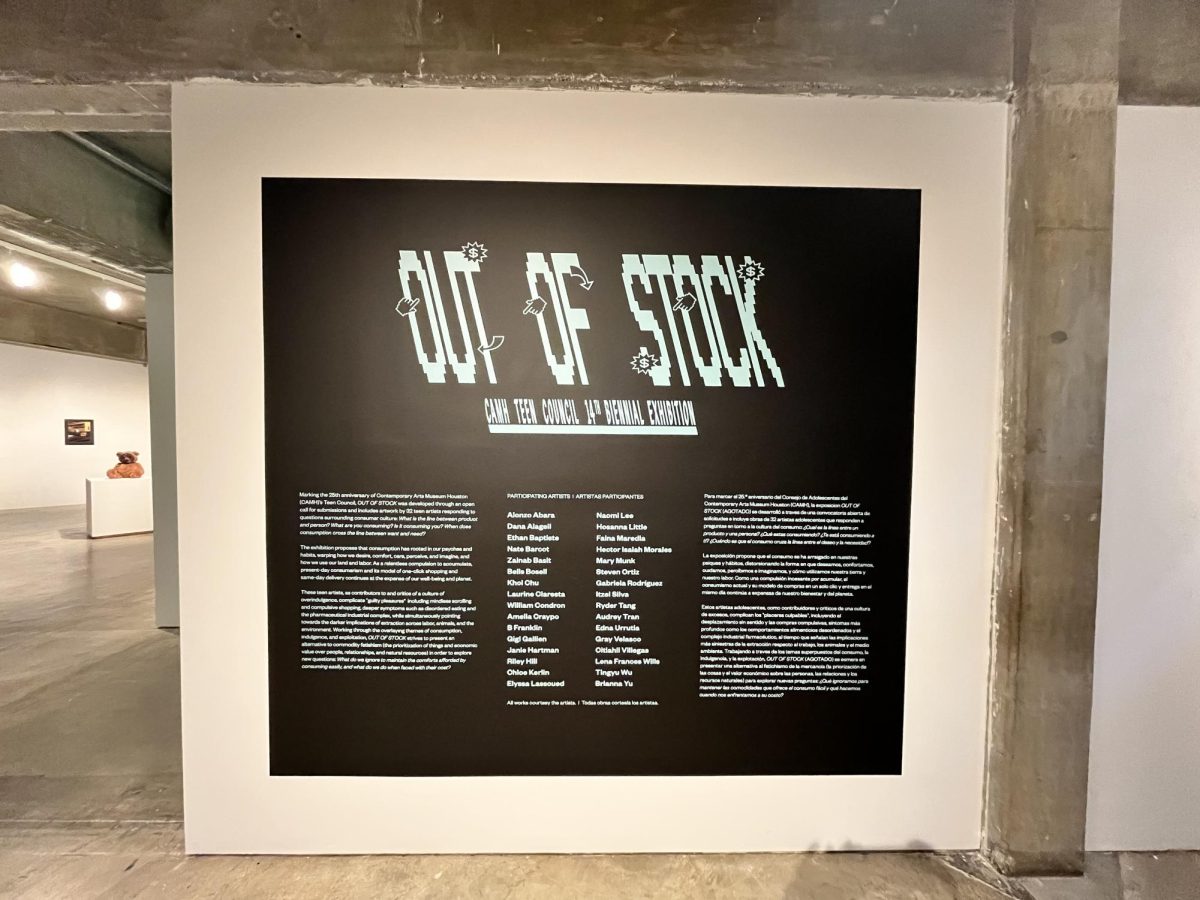
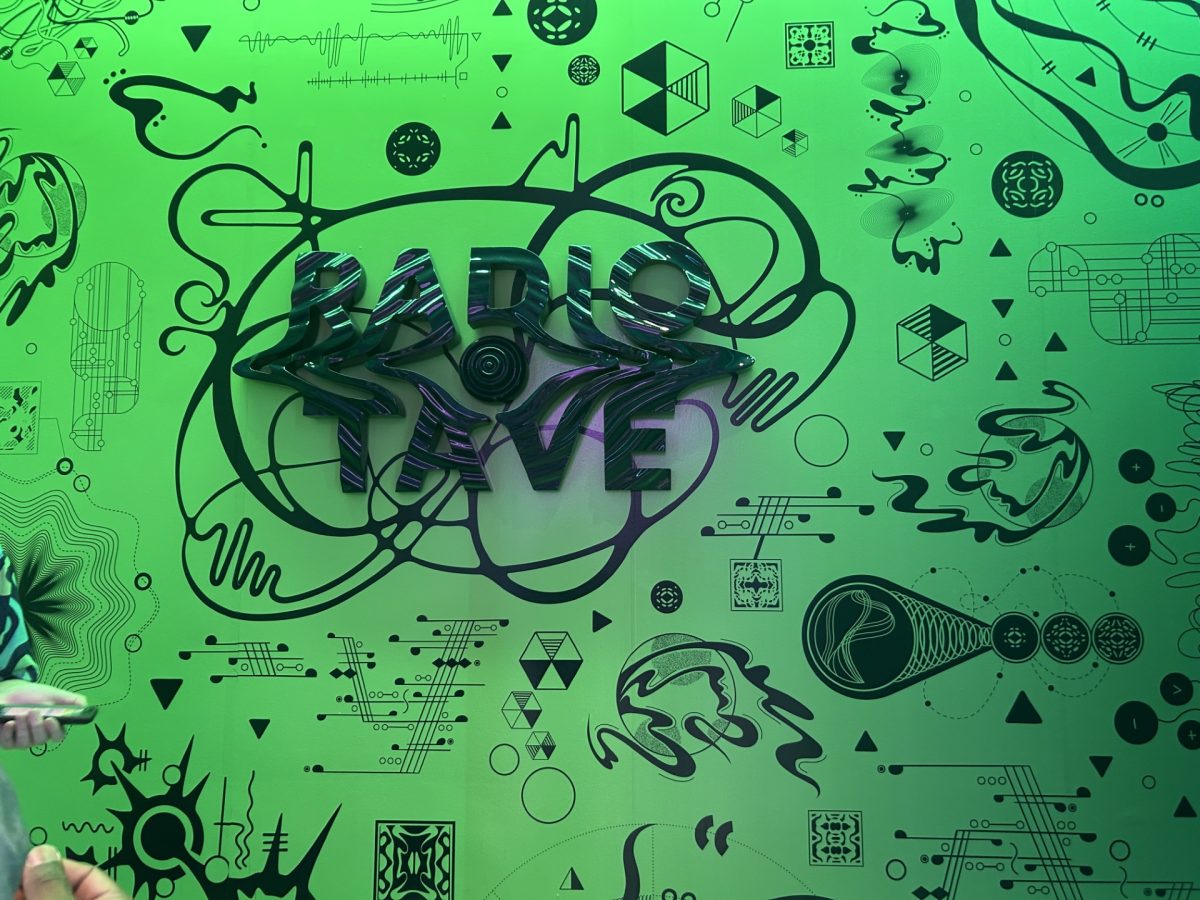

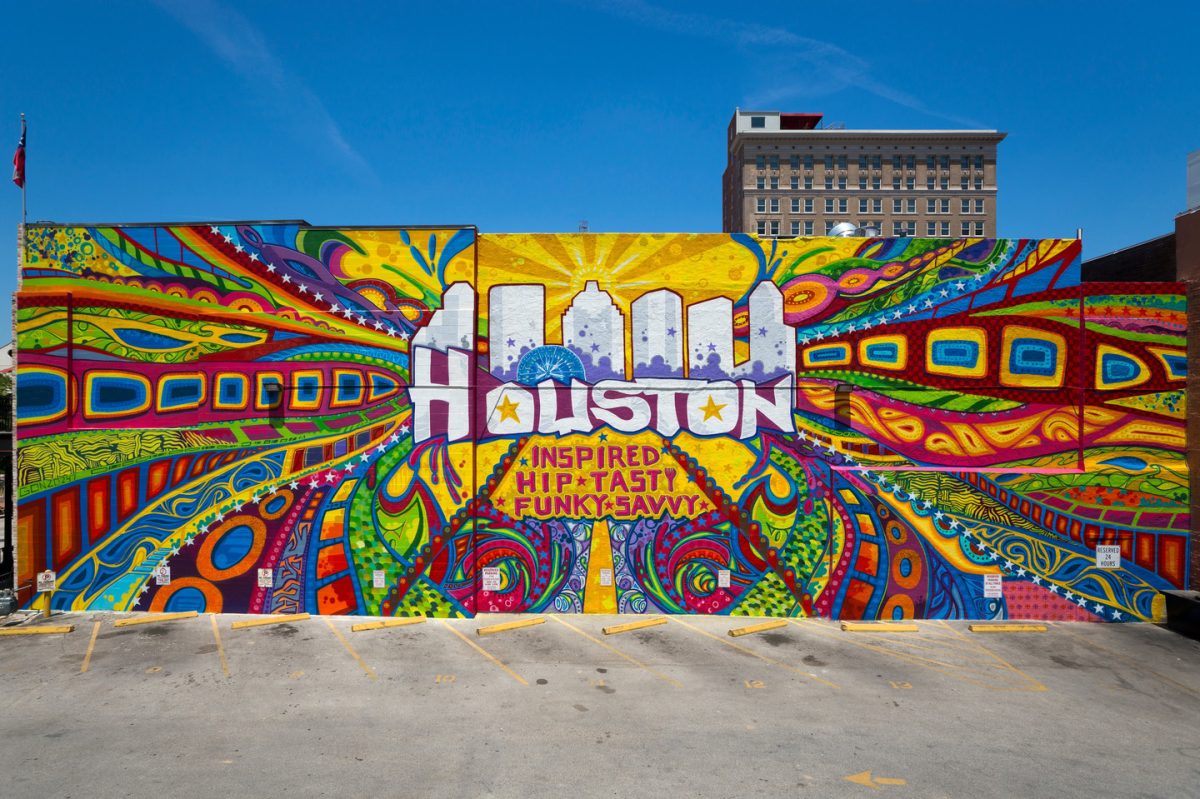
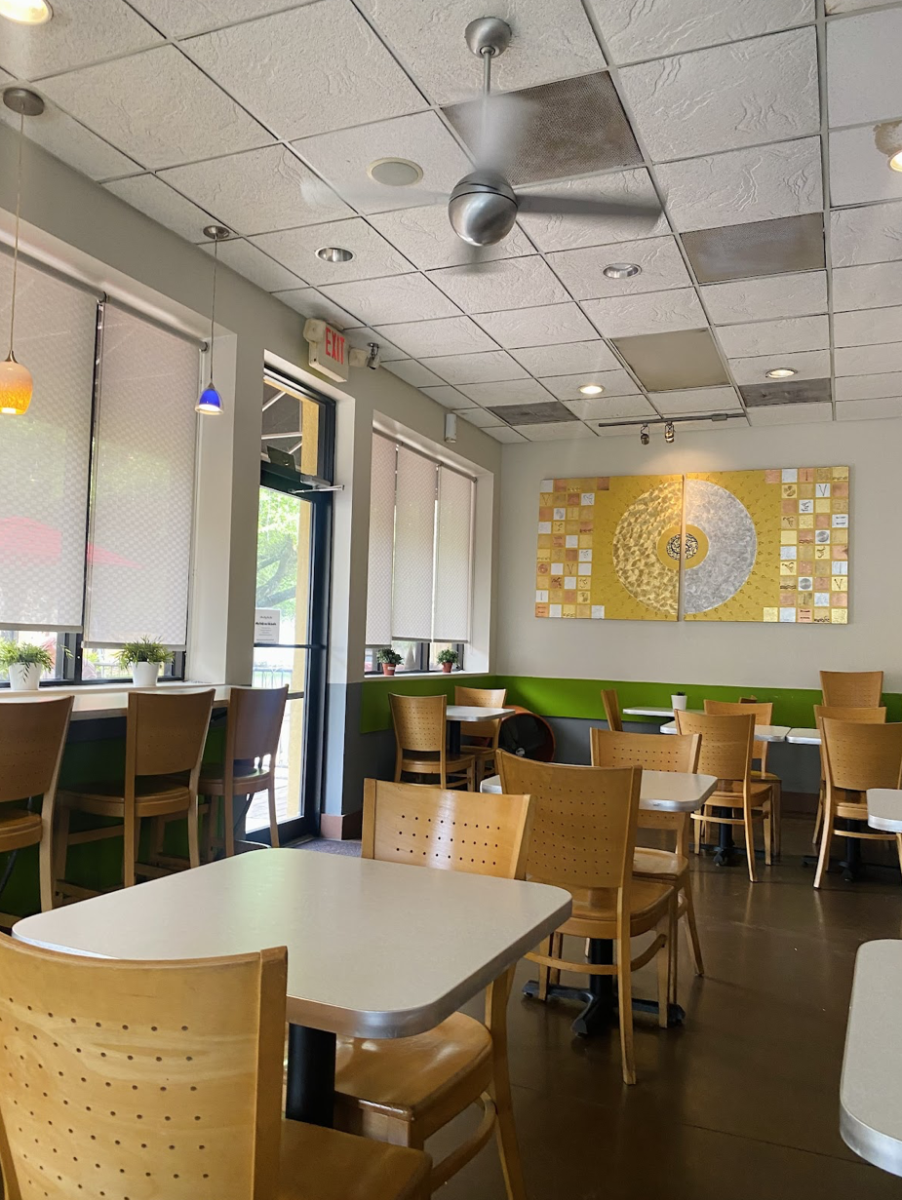
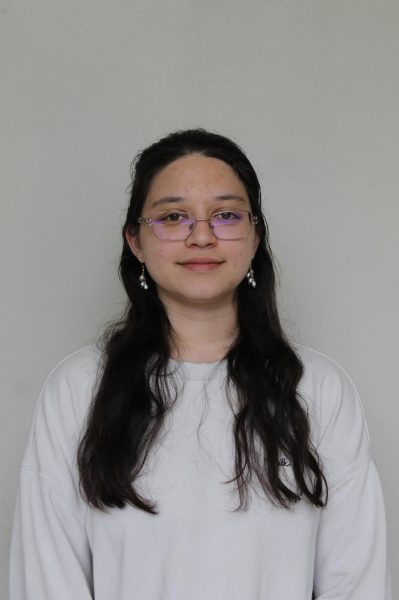
Ginger • Jun 1, 2024 at 11:25 pm
Poignant movie, well-done. Great review. Thank you for sharing your reaction.
Christian Schemel • May 9, 2024 at 2:56 pm
I was crying after the I saw the movie… it is a very real reflection of how things were then, and regretfully still are in Venezuela. I pray every for regime change… Viva la Libertad Carajo! Viva Venezuela!